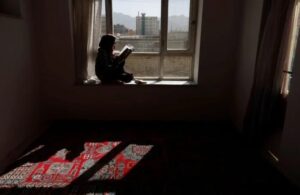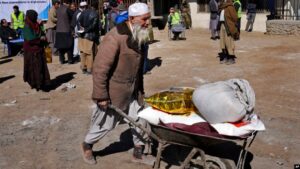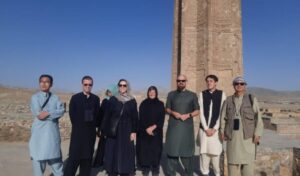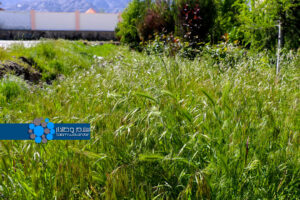MEHTARLAM (SW) – The fate of an array of development projects launched by the previous government remain in limbo in Laghman province.
A number of Laghman residents say the Islamic Emirate needs to complete public utility projects in the province, which began in the previous government and have been partially completed. They criticize former government officials for not implementing the projects on time.
Saifa al-Rahman and Mohammad Abbas, two Laghman tribal elders, say there is currently no insecurity in remote areas of the province, and that the Islamic Emirate should complete the work of the former government’s half-finished projects.
“Now that security is fully ensured and there are no obstacles in the way of implementing the projects, we expect our departments and elders to start working on the half-finished projects and complete them. If the work on the projects starts, people will be provided with jobs near with their villages.”
Mohammad Abbas demanded that the work on semi-finished projects should be started again.
On the other hand, the governor of Laghman, Zain al-Abedin, has said that the government is committed to completing the work of the projects, and in addition, it will start some new infrastructure works. He added that after taking power, the Islamic Emirate has put into operation some of the completed projects in some areas of Laghman and have begun work on others.
“We have put some projects into operation and are working for balanced development in all districts,” said the Laghman governor.
“I will be going to the Ministry of Energy and Water soon to work on the Shahi Canal project, which is very important. When the project is completed, 20,000 hectares of land will be irrigated. We are working hard to get things done and the country’s economy to stand on its own two feet.”
However, Laghman residents say officials must act as soon as possible to fulfill their obligations.
After the fall of the previous regime, many public benefit projects funded by foreign institutions remained frozen due to lack of funding.
ENDS






